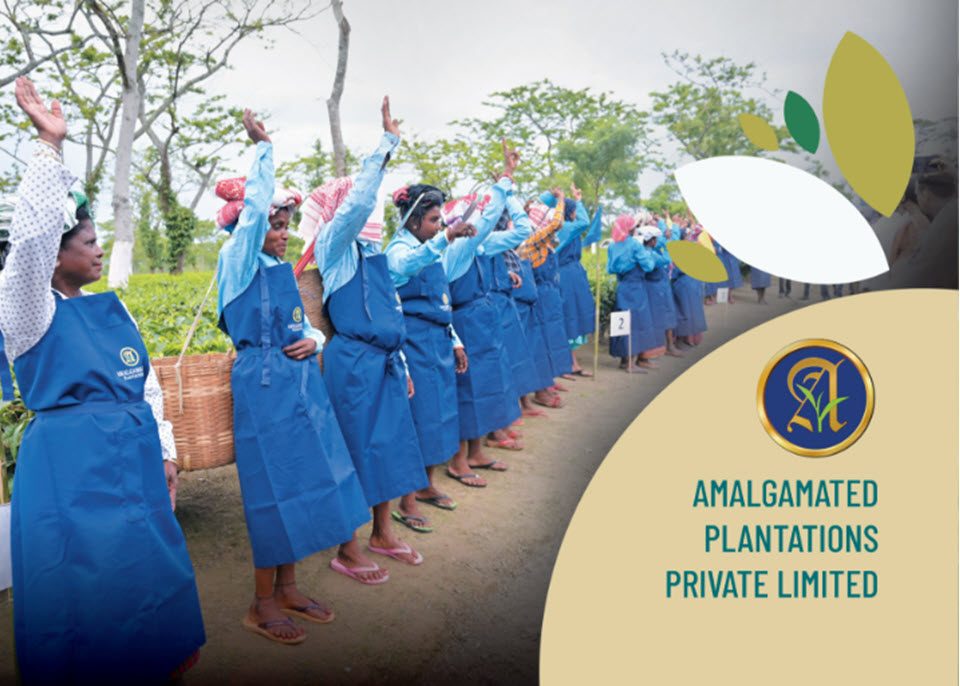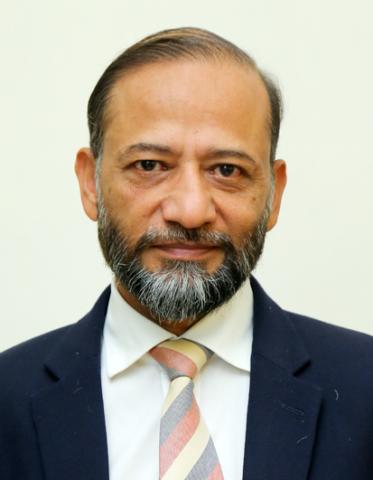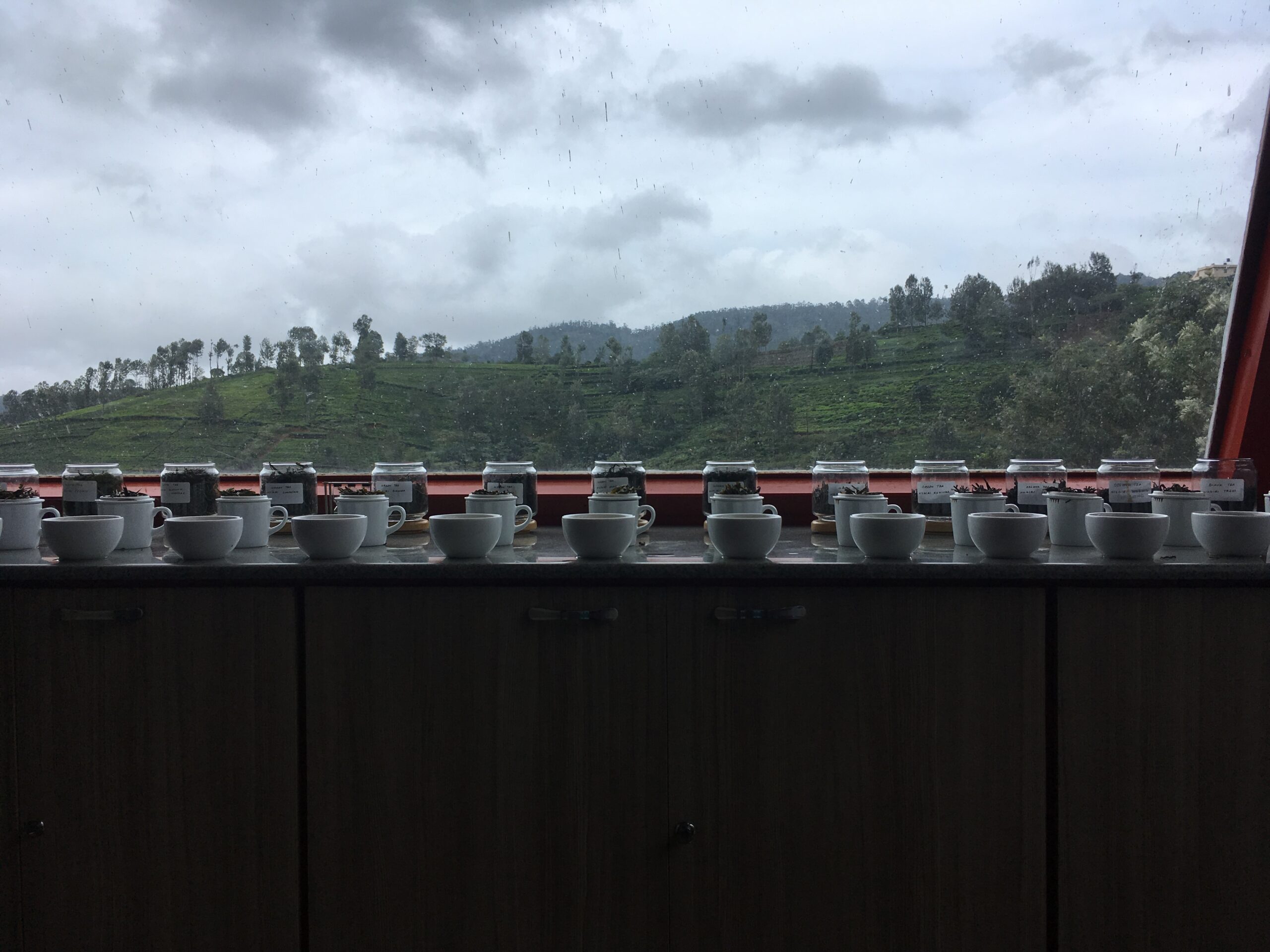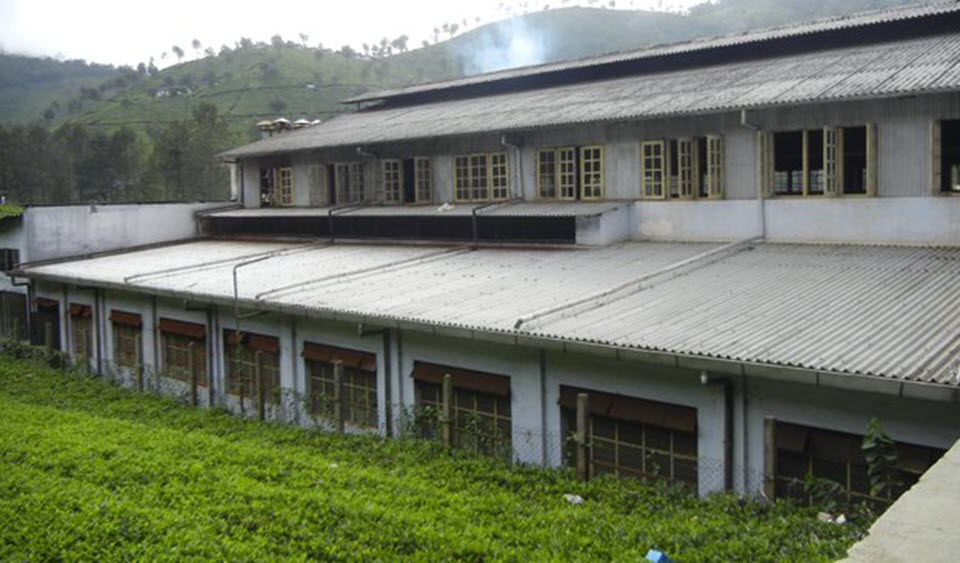By Aravinda Anantharaman | Managing Editor
India Tea News for the week ending June 21, 2024
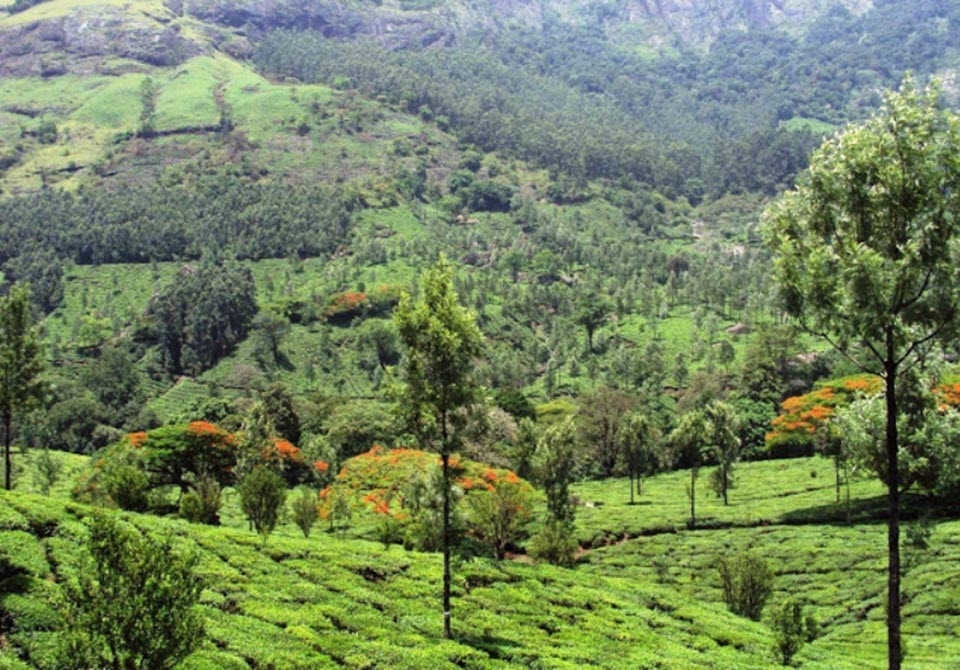
BBTC’s Singampatti Group Ceases Operations
The Bombay Burmah Tea Corporation’s Singampatti Group ceased operations on June 15th. The Group included the estates of Manjolai, Manimuttar, and Oothu, located in the Tirunelveli district in south India, at the southern tip of the Western Ghats. The reason for ceasing operations is the end of the 99-year land lease. The Forest Department issued an eviction notice with a phased plan for withdrawal. The BBTC company has been around for 150 years, and the Singampatti estates are renowned for their natural beauty and progressive efforts to maintain the area’s biodiversity. The Oothu Tea Estate has been completely organic since 1988, producing about 1mn kilos annually. In a LinkedIn post, the GM of Tea Operations, Asgar Hussain, was quoted as saying the company’s primary concern was for the future and welfare of its employees. “For a company like BBTC, which has conducted the tea business for the past 150 years with honesty and dedication, the stab is far deeper than we can comprehend. Oothu produced one of the finest Orthodox Organic with a Global customer base.”
For more on the Singampatti group, read this blog by planter Manoj Archibald.
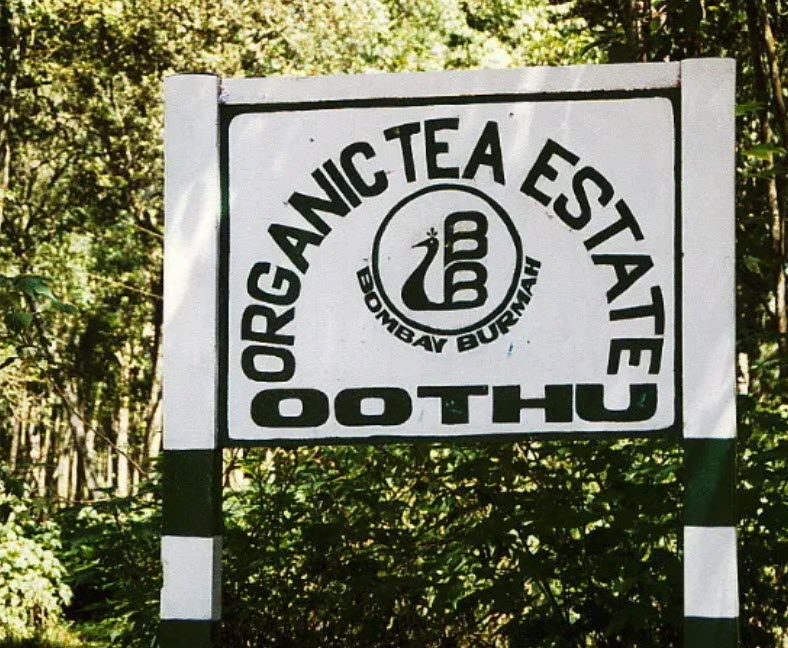
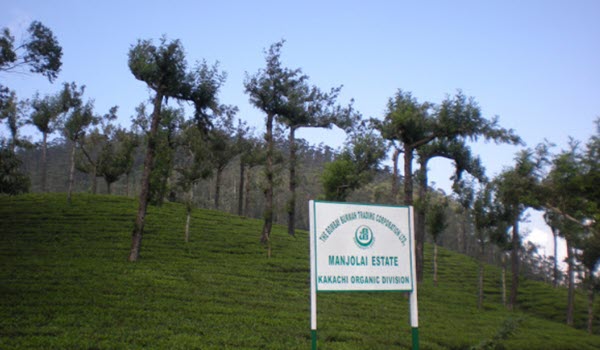
Assam Gets Mobile Residue Testing Lab
Following the recent concerns about pesticide residue in tea and the need to address it, the Assam Bought Leaf Tea Manufacturer’s Association launched a state-of-the-art mobile residue testing laboratory earlier this week. This has been set up in collaboration with Eurofins Analytical Services India, which has the necessary instruments to test green tea leaves and made tea. The lab was inaugurated by Bimal Borah, Minister of State for Commerce and Public Enterprises.
New Tea Disease Detected In Assam
A team of scientists, led by Prof. Piyush Pandey from the Assam University in Silchar, has reported the discovery of a tea disease. The research was conducted over two years, and the Assam Tribune reported the story. The disease is a leaf necrosis caused by a fungus known as Lasiodiplodia theobromae, and it is reportedly similar to another fungal disease caused by Corticum. This new research is expected to help improve the treatment and control to save the leaves.
Powered by RedCircle


